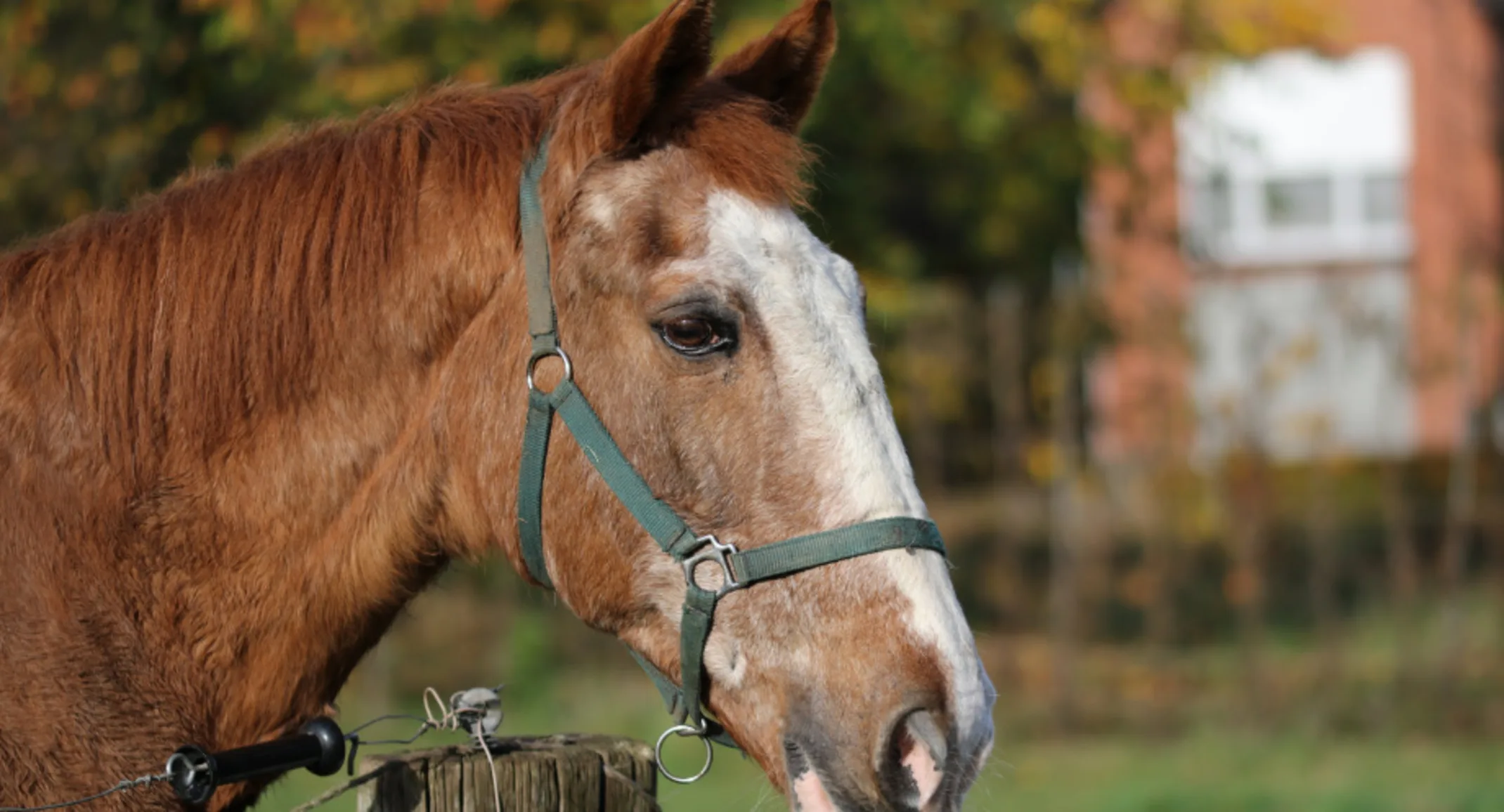Senior Equine Care
November 25, 2024 · Educational Articles

With advances in medicine and nutrition, horses are living longer than ever. The average life expectancy is now 25-30 years, but many are living even longer! “Old age” is not a disease but there are a lot of special considerations for geriatric horses.
Yearly Wellness Exam
Having your veterinarian perform a thorough yearly exam, including an oral exam, is one of the best things you can do for your horse. This can help identify and address issues before they become big problems. Running yearly bloodwork can give your veterinarian a baseline for your horse and then catch any changes from year to year. Bloodwork may also include ACTH testing for PPID and metabolic testing, if warranted.
Weight Loss In Senior Horses
Weight loss is a very common concern for senior horses. This may be due to poor teeth, improper diet or diseases like PPID or cancer. As your horse ages, you may have to consider a different diet that is easier for them to chew and digest so that they are getting the most from their feed. Their teeth may need to be floated more often and sometimes teeth need to be extracted to keep them comfortable. Determining and addressing the underlying cause for their weight loss is also very important to help them gain and maintain their weight.
PPID Disease & How to Test Your Horse
PPID, generally known as equine Cushing’s, is a common disease that affects older horses. The most observable sign of PPID is a long, curly coat that doesn’t shed very well in the Spring. Other symptoms can include weight loss, muscle atrophy, a pot belly, increased susceptibility to infections and hoof issues. PPID is diagnosed by testing their ACTH, sometimes a special test called a TRH-stimulation test is needed to get a proper diagnosis. When appropriately managed, horses can live a normal life for years with PPID.
Even with the best of care, there becomes a time when a horse’s quality of life starts to decline. Making the decision of when to let them go is a hard part of caring for geriatric horses. Your veterinarian can help you keep your horse comfortable through its golden years and then help you determine when it is time to say good-bye.
With proper management, horses can live well into their twenties and even into their thirties. Call today to schedule a wellness visit to see what you can be doing to make sure your buddy lives its longest, best life possible!
Article written by Dr. Kiersten Fevold, DVM
